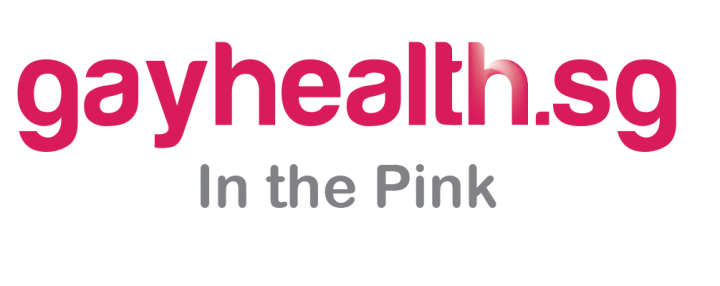New Technical Support Hub Launched
CLAC Launches Global Technical Support Hub to Advance the Health and Rights of Key Populations and People Living with HIV
New Coalition to Provide Community-Led Technical Support in Novel Approach to Addressing HIV among Key Populations Globally
The Community Leadership and Action Collaborative (CLAC) has launched a new global technical support hub, helping communities of men who have sex with men (MSM), injection drug users, sex workers, transgender people and people living with HIV (PLHIV) to engage successfully with the Global Fund to Fight AIDS, Tuberculosis and Malaria.
Launched at the 20th International AIDS Conference (IAC) in Melbourne, Australia, the new hub provides access to tools and resources for building and strengthening community systems and a database for technical support concerning the HIV response. The hub also serves as a portal for communities to access direct technical support provided by the CLAC’s seven member organizations: the Global Forum on MSM & HIV (MSMGF), the AIDS and Rights Alliance for Southern Africa (ARASA), Global Action for Trans* Equality (GATE), the Global Network of People Living with HIV (GNP+), the Global Network of Sex Work Projects (NSWP), the International Network of People who Use Drugs (INPUD), and the International Treatment Preparedness Coalition (ITPC).
“We are excited to announce the launch of the CLAC’s new technical support hub at this year’s IAC, following the conclusion of the MSMGF Pre-conference,” said Dr. George Ayala, Executive Director of the MSMGF.
“The CLAC offers an important opportunity to ensure the meaningful engagement and empowerment of all key populations in the HIV response. We know that we cannot successfully respond to HIV without the full meaningful participation of communities, and that is what the CLAC strives to do.”
The CLAC is committed to the provision of technical support that is hands-on, interactive and occurs in an environment of mutual trust, respect and sharing. Rather than conducting one-off trainings, the CLAC reinforces ideas and actions by linking them with technical assistance and ongoing mentoring. This includes facilitating opportunities for formal and informal knowledge sharing and joint actions, which promote recognition and appreciation of the unique experiences and expertise of community stakeholders. This is particularly important for PLHIV, MSM, people who inject drugs, sex workers and transgender people, for whom human rights are routinely contested.
The new technical support hub can be accessed at http://www.clac.cab.


